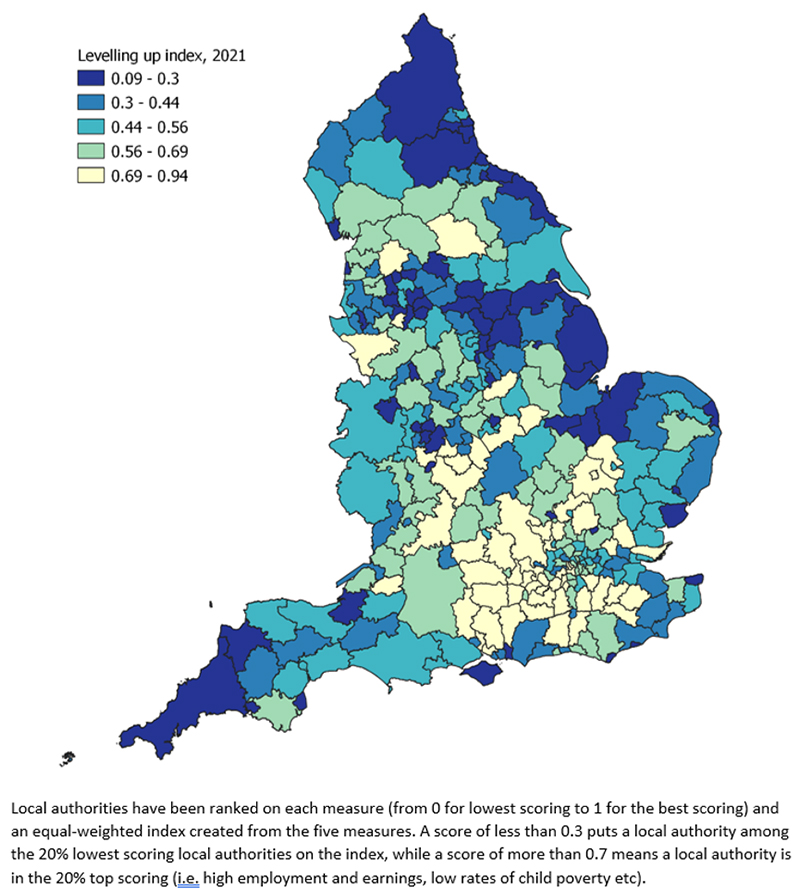Trying to do the best by your child, and your class, often come into conflict with one another, writes Charlotte Marshall
One of the most rewarding jobs you will ever have is being a teacher.
One of the most rewarding jobs you will ever have is being a parent.
What happens when you have two great jobs but they don’t complement one another?
I absolutely love my job. I can talk about my subject, the books we are reading, the lively discussion; I can talk about the classroom; the posters I’ve put up, the artwork learners have produced; I can talk about my colleagues, their foibles, their funny stories.
I can talk about my wonderful job all day. It’s a great job and it is extraordinarily rewarding.
And I also absolutely love my child. I adore them and I can’t wait to get home to them. I could talk about them ̶ but I don’t. Notice the difference there? The present tense ‘can’, the future conditional ‘could’, the definitive ‘don’t’.
I can talk about my job and the things we do openly. You’ve probably worked out I’m an English teacher in a lively FE department.
From the second paragraph you wouldn’t be able to tell the age, gender or interests of my offspring. I can talk about work but I cannot talk about my child. It’s not possible because I worry about what that could lead to.
I cannot talk about my child
What we have learned as teachers recently is that you absolutely must keep your private life private. If you don’t, just wait for the memes about aspects of your private life to be created.
Wait for the TikTok videos to become viral or simply the student comments to appear in lesson. I even heard a student say they had found a picture of a member of staff’s daughter online, and thought her skirt was too short.
As much as I shout from every social media platform about being an FE teacher, people will often be surprised when they learn in a conversation that I am also a parent.
Wouldn’t it be nice if we could celebrate openly both our passions?
But we live in a kind of fear about revealing our home lives, and especially our most precious aspect of our private lives, our children, because students can choose to be unkind on the internet.
Another inner conflict you experience is around sick days. If you yourself are unwell, chances are you take some medicine and plough through.
But there is nothing that breaks your heart more than when your little one is unwell. Yet you feel torn, because who is going to look after the other 20-plus young people under your wing?
Who will make sure they get the attention they deserve?
There might be a cover teacher, but they aren’t you. Mum guilt vs teacher guilt. Somehow you’re destined to feel rotten!

And here’s another way the two great loves of our lives come into conflict: holidays. I live on a county line, so my child attends a school across the border, meaning our holidays don’t align.
It’s hard enough being in FE where you don’t get all of the holidays in the ways that schools do, but it’s even tougher when you’re having to ask friends and family to watch your children while you work.
And it’s worse working through the half-term break, knowing that next week you’ll be missing out on the fun of the holidays. It’s rubbish!
One of the reasons that many people find themselves within the education sector is that it works for family life. But we need to talk about the ways in which the FE sector could do more to support parents.
We need more flexible working patterns, and we need to give staff time to attend nativities, first days at school and sports days. We also need to seriously tackle the problems with student behaviour online.
We are teachers, we are passionate about our jobs. We are also parents, we are passionate about our families. It is a match made in heaven when passion marries compassion.


